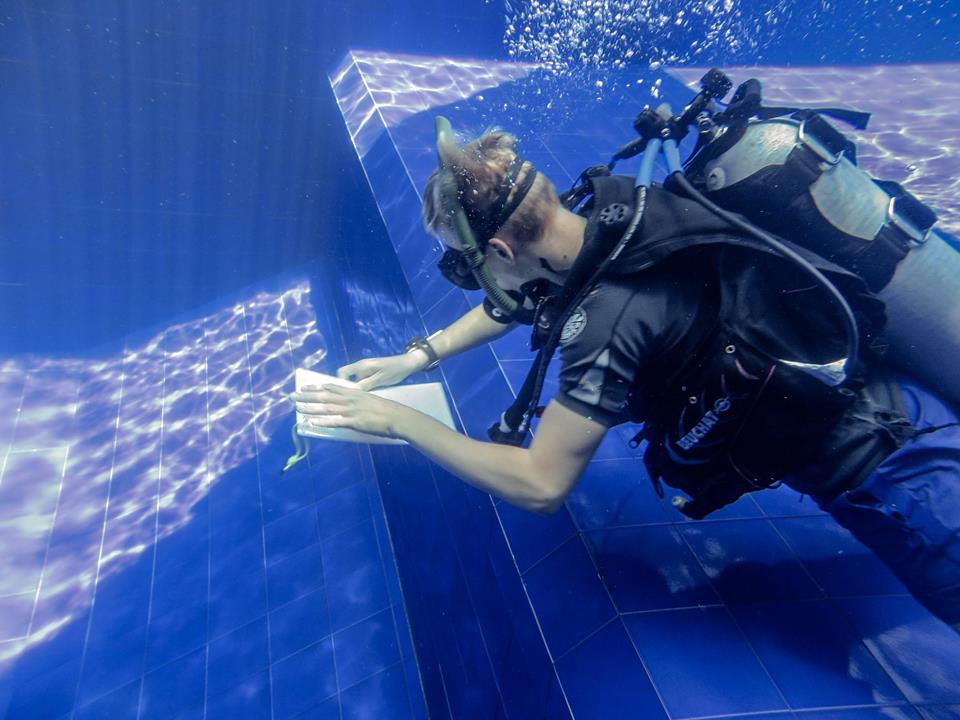Every activity has advantages and disadvantages. Similarly, scuba diving. Decompression is one of the important things in scuba diving that need to be known. What is decompression? Diving is not only about training and certificates. There are many other terms that are so broad that you don’t just become a recreational diver. Scuba diving for beginners needs to know the meaning of decompression and how to prevent it.

How Important Decompression?
Scuba diving for beginners must be trained on how to do a step when going back to the surface. Decompression diving is where divers do one or more stops before reaching the surface. The aim is to allow the reduction of inert gas in the body.
In training for scuba diving for beginners it is very important to learn about diving tables. The tables will provide guidance that can be used as a guide for scuba diving for beginners for diving that is safe, with certain depths, and how long divers can stay there.
Through tables, scuba diving for beginners can calculate the effects of nitrogen that is still present in the body before making the next dive. In training, this table assumes the maximum approval level. Slowly controlled approvals allow the body to continue removing nitrogen from tissue which balances its growth due to smaller pressure. This can help prevent expansion of the air trapped in the ear and chest which causes rupture.
Scuba diving for beginners needs to know that they have to stop at a height of 5 meters for 3 minutes to stop safety.
If a diver experiences decompression, the first steps to take are several stages.
Handling emergencies on the scene – dry and warm the body with a blanket when body temperature drops
Hyperbaric oxygen treatment is used for decompression sickness. Consideration of hyperbaric treatment depends on the severity of the diver’s symptoms.
Prevention of Decompression
- Obey safety rules and instructor orders
- Use a dive computer
- Applying safety stop during handover
- Avoid flying at least 24 hours after diving
- Divers who are recovering from decompression are advised not to dive for at least 2 weeks
- Avoid consuming alcohol
- Make sure your body fluids are sufficient and not dehydrated
- Dive Decompression Training
Being a diver is not as easy as you think. There are many scuba diving for beginners training in stages for someone to be more trained and experienced. When someone has become a more confident and efficient diver, you can do decompression diving training more deeply. Pay attention to all things about decompression to prevent bad diving.